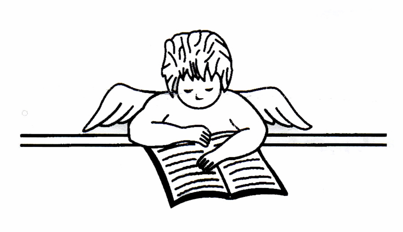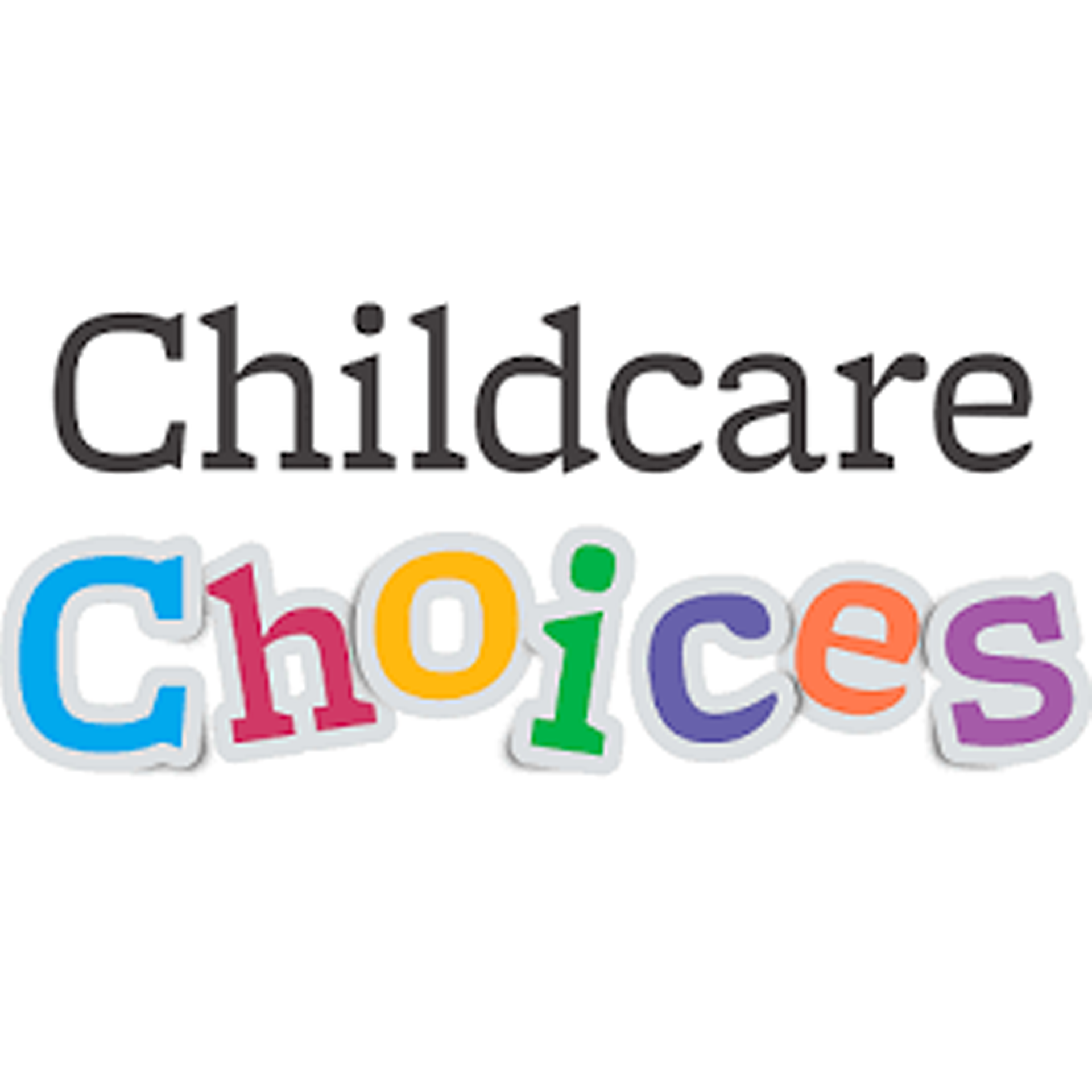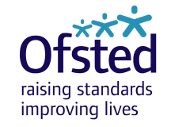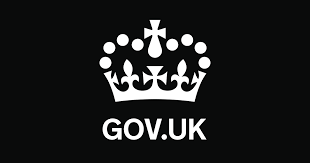
Following the EYFS
Learning & Development
Children start to learn about the world around them from the moment they are born. The care and education offered by our setting helps children to continue to do this by providing all the children with interesting activities that are appropriate for their age and stage of development.
The Statutory Guidance for Children’s Learning and Development brings together Birth to Three Matters and the Curriculum Guidance for the Early Years Foundation Stage (2014) (‘EYFS’) and our provision reflects the 4 Key Themes and 16 Commitments of the EYFS.
The Core Aspects Of
Early Child Development
For each area, the practice guidance sets out the Early Learning Goals. These goals state what it is expected that children will know and be able to do by the end of the reception year of their education.
The practice guidance also sets out in ‘Development Matters’ the likely stages of progress a child makes along their learning journey towards the early learning goals. Our setting has regard to these matters when we observe children and plan for their learning.
Children access this curriculum through 3 Prime and 4 Specific Areas as follows…
Prime Areas
These areas begin to develop quickly in response to relationships and experiences, and run through and support learning in all other areas. The prime areas continue to be fundamental throughout the EYFS.
- Communication and language
- Physical development
- Personal, social and emotional development
Specific Areas
These areas include essential skills and knowledge. They grow out of the prime areas and provide important contexts for learning.
- Literacy
- Mathematics
- Understanding the world
- Expressive arts and design




